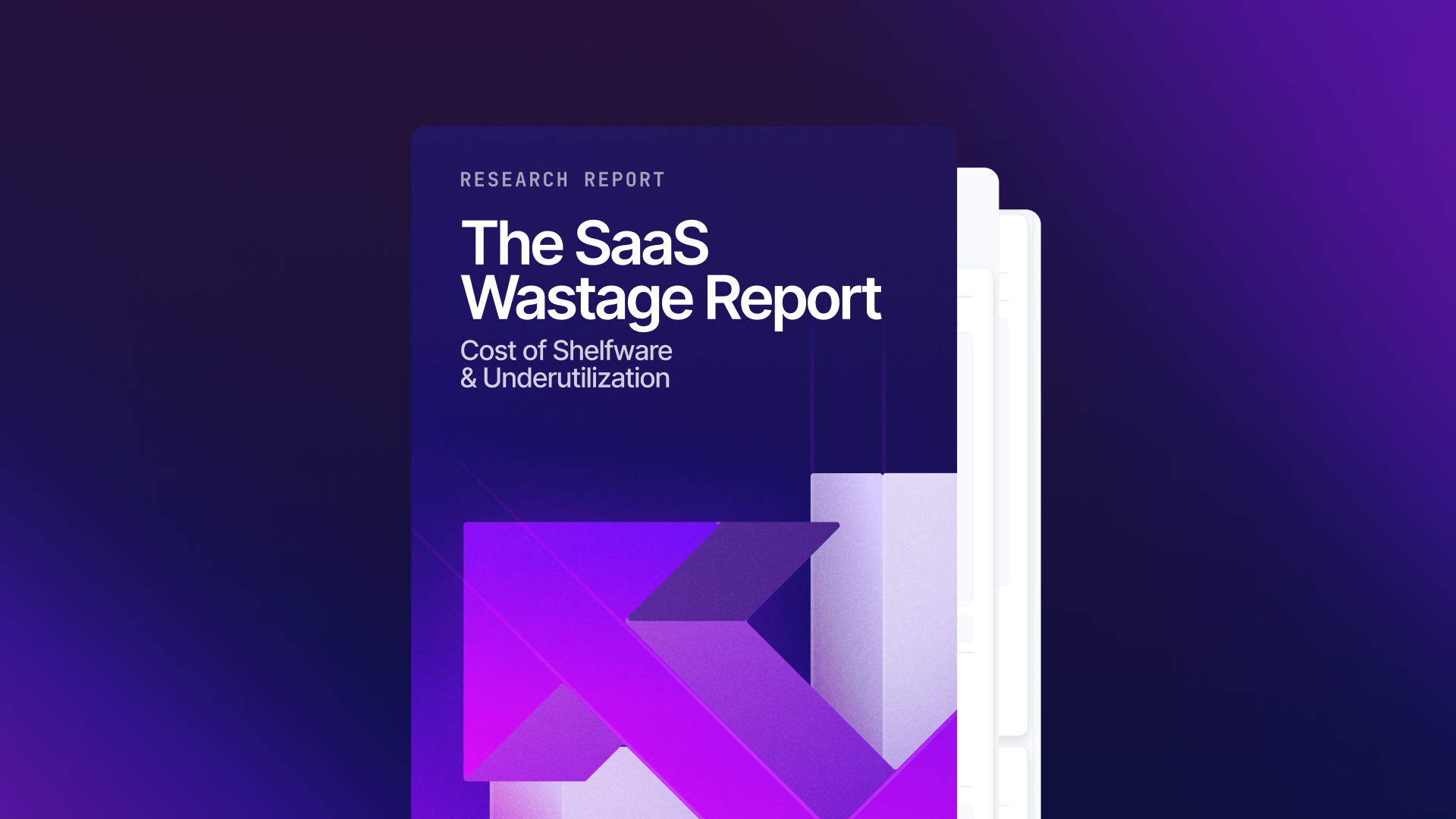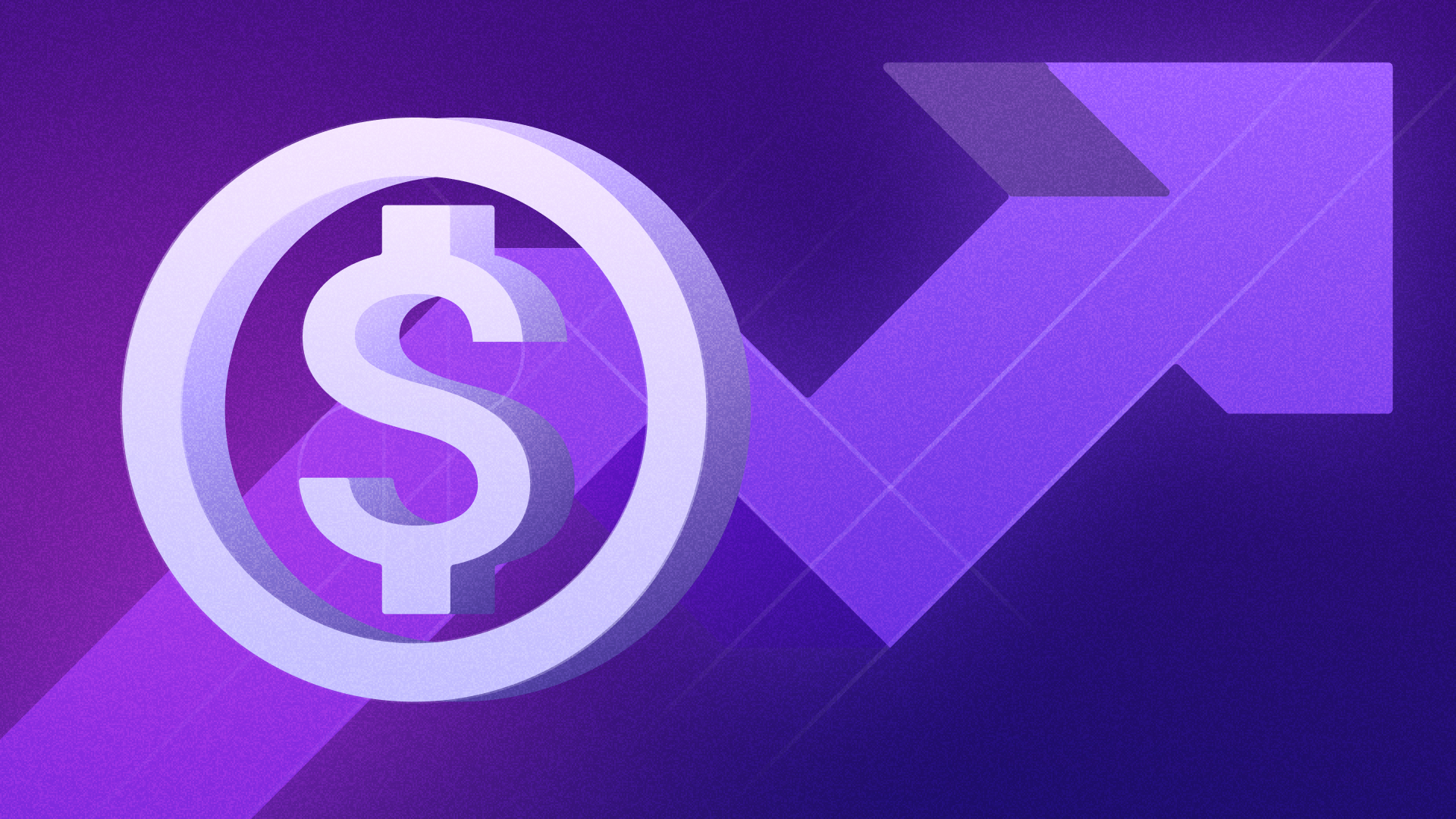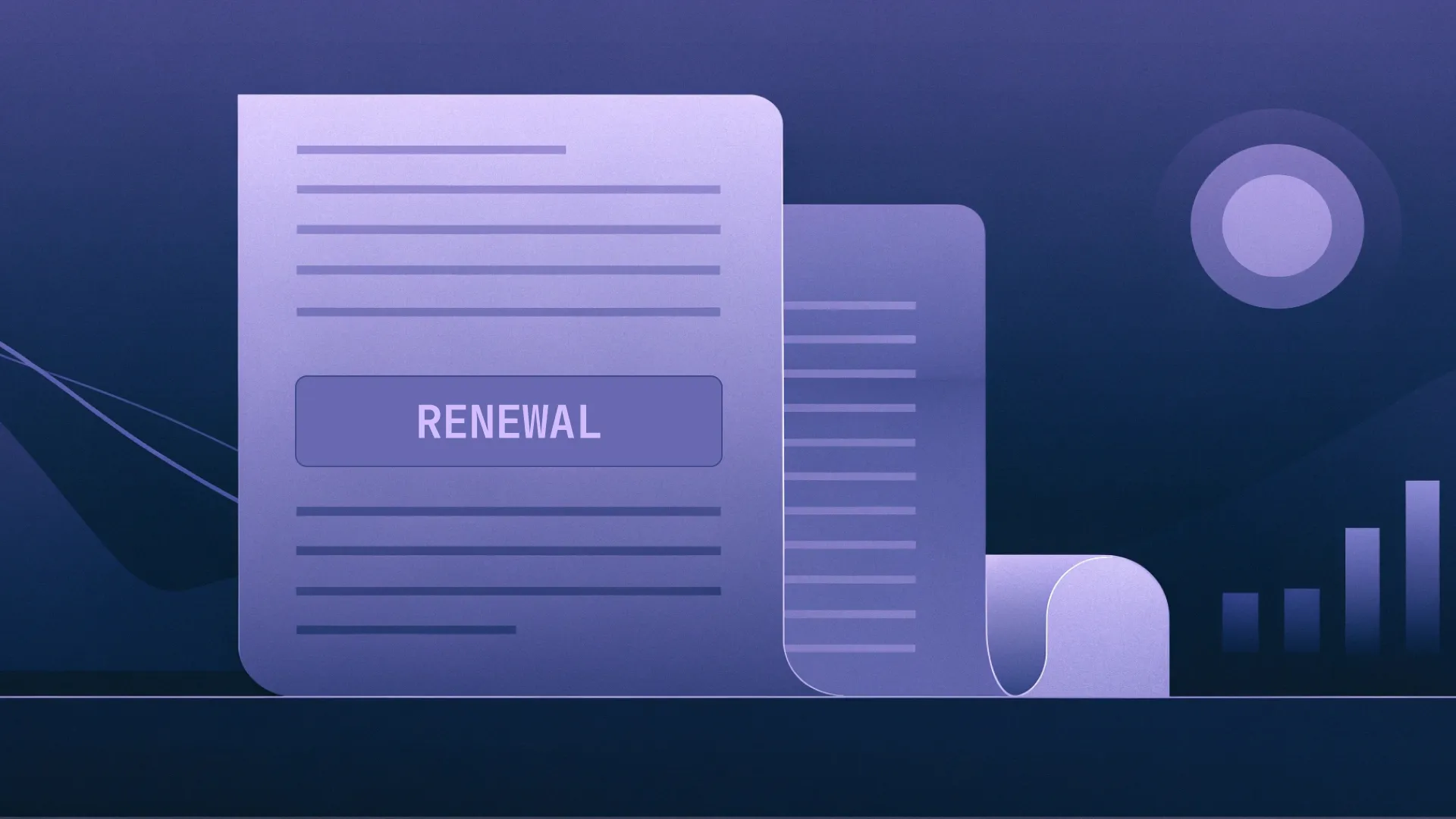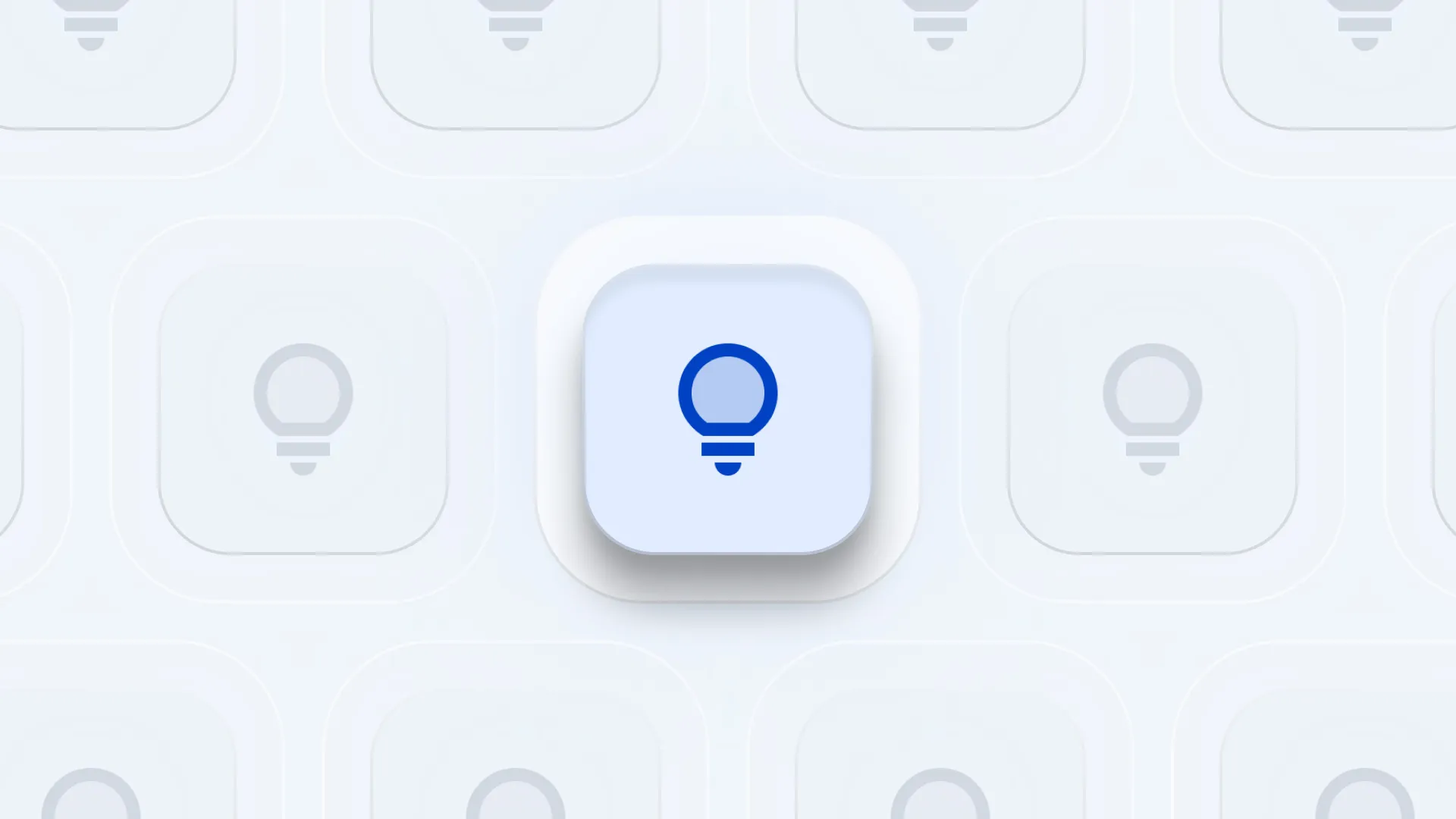ngrok
Company Profile
ngrok is the fastest way to put your app on the internet. It runs a globally distributed reverse proxy fronting people's web services running in any cloud or behind any firewall.
ngrok
Pricing Insights
Want to save up to 30% on
ngrok
?
Guaranteed ROI or your money back. We will help you to get the best deal.


What is
ngrok
?
Ngrok’s highly flexible pricing model can be difficult to decipher. We’re here to help you work out which plan may suit your needs and what it might cost. We’ll also touch on competitor solutions and how they compare to Ngrok, plus the benefits of procuring via our SaaS Purchasing Platform.
What Ngrok can do for you
Ngrok is a unified ingress platform designed to provide secure access to your applications and network services regardless of their deployment environment.
The solutions acts as a front door that enables traffic delivery to apps hosted on various platforms, from cloud providers like AWS and Azure to local machines and IoT devices.
Ngrok’s globally distributed reverse proxy is a core component — a server acting as an intermediary between web clients and web servers. Being environment independent, this can deliver traffic to services no matter where they run without needing to reconfigure any networking.
A key Ngrok unified ingress platform benefit is the fact it combines all the components required for traffic delivery into one solution — the suite can handle reverse proxy, load balancing, API gateway, firewall, delivery network, and DDoS protection requirements among others.
By leveraging Ngrok, organizations can reduce complexity in network configurations, securely expose local services to the internet, and ensure reliable and scalable traffic management through a single, streamlined platform.
Accelerated development cycles, enhanced security, and improved operational efficiency are just a few subsequent benefits.
Ngrok pricing structures and tiers
While it’s highly flexible, Ngrok pricing can be a little complex and depends on what you need the platform for — development or production. Development pricing is based on four fixed usage tiers, primarily intended for local uses like testing webhooks. Production pricing is pay-as-you-go and is for delivering production APIs or automated CI workflows.
The pricing below is based on annual billing, which unlocks a 20% discount on monthly billing prices. Ngrok also offers volume discounts. You’ll find a more detailed breakdown of each Ngrok pricing plan below:
Ngrok pricing – Free
Cost: $0.
The Free tier lets you run pre-release versions or internal apps on Ngrok at no cost. Users get a single static domain for serving HTTP apps, webhooks, and APIs, and can create random short-term domains for testing.
SSL and TLS certificates for encrypted connections are provided automatically, while OAuth can be used to secure or restrict access to your project.
This plan comes with a single seat and up to 1 GB of network bandwidth per month, so it’s best-suited to small-scale or personal projects.
Ngrok pricing – Personal
Cost: $8 per month.
The Personal tier builds on the Free plan by including support for one custom domain for your own branding, one Ngrok subdomain, and one reserved Ngrok TCP address for hosting services like SSH and databases on a dedicated address.
Ngrok pricing for the Personal tier includes a single seat and up to 5 GB of network bandwidth per month. It’s a good choice for individual non-commercial project developers.
Ngrok pricing – Pro
Cost: $20 per month.
Pro Ngrok pricing expands the Personal tier capabilities with edge managed configuration, more granular URL routing, load balancing, and IP restrictions.
This plan is aimed at teams of developers looking to collaborate on projects. It includes 15 GB of network bandwidth per month and on-demand pricing if you go beyond the bundled usage.
Ngrok pricing – Enterprise
Cost: $39 per month.
Organizations with bigger teams and more complex security needs should consider Ngrok’s Enterprise plan. It includes all the features of Pro alongside mutual TLS, SSO at the edge, role-based access control (RBAC), wildcard domains, TLS edges and tunnels, and more.
Usage limits increase for routing and load balancing, although the bundled bandwidth remains at 15 GB per month.
Ngrok pricing – Production (pay as you go)
Cost: from $18 per month.
Ngrok pricing for production uses a pay-as-you-go pricing model where you only pay for what you use.
Prices start at $18/month and include a certain amount of bundled usage, with à-la-carte options for additional volume and features:
- Additional active endpoints from $15/month;
- Traffic shaping like IP restrictions, load balancing, and rate limiting from $49/month;
- Identity services from $5 per monthly active user (MAU);
- Traffic log exports to S3, CloudWatch, Datadog, and more from $99/month;
- Account governance services with custom pricing;
- Guaranteed response time SLAs with custom pricing;
- Self-hosted solutions with custom pricing.
Additional Ngrok costs to consider
As it’s pay-as-you-go, additional costs for Production plans are already baked into Ngrok pricing. However, customers on paid Development plans may need to consider the following extra charges.
Additional seats
Users on Pro and Enterprise plans can add additional team members for $25/month and $47/month per seat, respectively.
Additional endpoints and secure tunnel agents
If you need additional endpoints and secure tunnel agents, these are charged at $14/month each for Pro and Enterprise plans alike.
OAuth 2.0 authentication
Pro and Enterprise plans include 50 MAUs for OAuth 2.0 authentication, with extras charged at $50 per month per 1,000 MAUs.
SAML / OIDC SSO
Only available to Enterprise customers, SAML / OIDC SSO for restricting edge access costs $100 per month per 10 tunnel MAUs.
TCP connections
All Ngrok Development plans come with up to 100 peak simultaneous TCP connections, and a peak TCP connection rate of up to 120/min. Pro and Enterprise plans can go beyond these limits for $0.01/connection and $0.01/connection/minute, respectively.
Network bandwidth
Additional network bandwidth for Pro and Enterprise customers is charged at $0.10/GB beyond the included 15 GB monthly limit.
Other vendors offering unified ingress
While Ngrok is one of the leading unified ingress platforms, considering alternative vendors during the procurement cycle is vital for choosing the best tool for the job at a price that meets your budget. Here are three solutions to consider:
Ngrok pricing vs Pinggy
Pinggy stands out by requiring no installation or signup, so it’s highly convenient for developers needing quick and easy tunneling. It provides features such as QR codes for tunnel URLs and an HTTP request/response inspection tool within the terminal, allowing for real-time monitoring and modifications.
Pinggy offers a free plan, but its paid options are typically cheaper than Ngrok, starting from $2.50/month per seat. For higher volumes, enterprise pricing is also available.
Ngrok pricing vs Cloudflare Tunnel
Cloudflare Tunnel is a zero-trust app connector that’s closely integrated with the vendor’s global network, offering features like DDoS protection, rotating IP addresses, and access control lists. It’s an excellent choice for medium-to-large businesses requiring scalable and secure tunneling solutions.
Cloudflare pricing for Tunnel includes a free plan for up to 50 users, and is then $7 per user per month. This potentially makes it cheaper than Ngrok, however some customers may want to bundle it with other Cloudflare services, which will increase the overall price.
Ngrok pricing vs LocalXpose
LocalXpose is a reverse proxy known for its extensive tunneling capabilities, supporting methods like HTTP, HTTPS, TCP, TLS, and UDP. A versatile option for various networking needs, it also includes a built-in file server and a GUI client, making it highly user-friendly.
The solution is particularly suitable for developers and small teams requiring comprehensive tunneling solutions. The Basic tier is free and offers four active tunnels, while Pro is priced at $6/month per 10 active tunnels. Enterprise pricing is also available.
Ngrok pricing – the Vertice verdict
Ngrok’s comprehensive platform makes it an excellent solution for a range of ingress needs, and it’s become a de facto standard among developers looking to get apps online faster while maintaining a strong level of security. Pricing is flexible too, so you can tailor your subscription in a way that meets your business requirements.
Want to procure Ngrok at the lowest price? Consider partnering with Vertice. Our expert buyers can negotiate on your behalf using our exclusive pricing benchmarks to attain the best discounts and more favorable contract terms.
On top, our SaaS Purchasing Platform streamlines your SaaS operations, identifying unused licenses while helping you optimize cost avoidance, enhance value creation, and streamline tail spend management. Want to know why we’re trusted with over $3.4 billion in software spending across our partners? Get in touch below, and discover how we could help you.
ngrok
Pricing FAQs
Is it worth paying for Ngrok?
Yes, if it suits your needs. Ngrok’s unified ingress platform is used by more than 5 million developers worldwide, and is often recommended by brands like Microsoft, GitHub, and Okta. Its capabilities can handle all aspects of traffic delivery under a single streamlined solution.
Can I use Ngrok for free?
Yes. Ngrok offers a single-seat free plan with certain limitations, which is well-suited to solo developers or testing purposes.
What are the subscription options for Ngrok?
Ngrok offers four plans with monthly pricing for development purposes, and pay-as-you-go pricing for production purposes. You’ll find a detailed breakdown further up the page.
Further Content
Explore more SaaS vendors
Use Vertice to get the best pricing on any software your business needs, and save on annual renewals for your existing contracts.








































